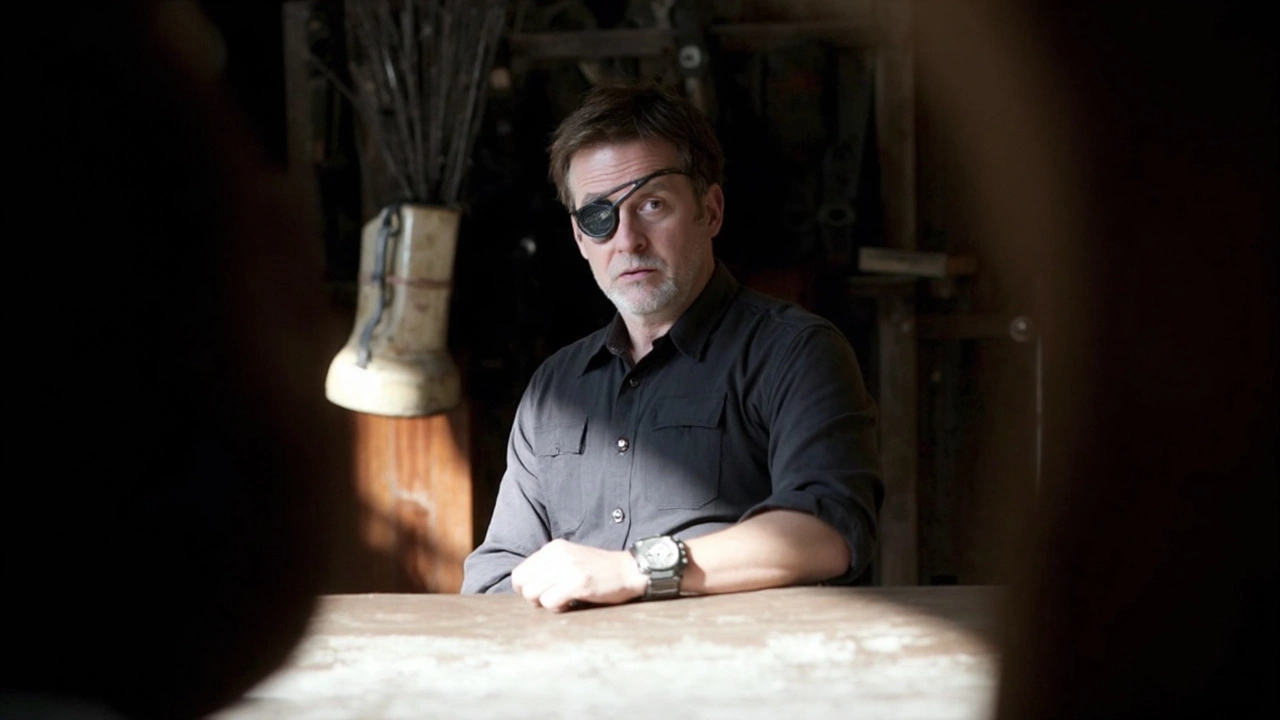Survival Tips You Can Use Right Now
When something unexpected happens – a storm, a power cut, or getting lost – the first thing you need is a plan. You don’t have to be a wilderness expert to stay safe. A few simple habits and the right basics can turn a scary moment into a manageable one.
Basic Survival Gear
Start with a small “go‑bag” that fits under a seat or in a backpack. A good kit includes:
- Water: Two liters of bottled water or a compact filtration bottle.
- Food: High‑energy bars, nuts, or dried fruit – something that doesn’t need cooking.
- Fire starter: A lighter, waterproof matches, and a small ferro rod.
- Knife: A sturdy, fixed‑blade works for cutting rope, preparing food, or building shelter.
- First‑aid: A few bandages, antiseptic wipes, and any personal meds.
- Light: A LED flashlight with extra batteries, or a hand‑crank model.
Keep the bag in the car, at work, or in a closet you can reach fast. Rotate the supplies every six months so everything stays fresh.
Everyday Emergency Skills
Gear helps, but skills are what you rely on when the kit runs out. Practice these basics whenever you have a chance:
- Water purification: Boiling for one minute kills germs. If you can’t boil, use water‑purification tablets or a portable filter.
- Signal for help: A whistle, three short bursts of a flashlight, or the classic “SOS” in the dirt can get rescuers’ attention.
- Build a shelter: Use a tarp, a space blanket, or even a fallen tree branch to keep rain and wind off you.
- Navigation: Memorize the direction of north using the sun, or carry a small compass. Know your exit routes at home and work.
- Stay calm: Panic burns calories and clouds judgment. Take deep breaths, assess what you have, and prioritize the most urgent need – usually water, shelter, or heat.
Try a short drill once a month: pack your bag, walk to a nearby park, and practice setting up a shelter with just a tarp and rope. The muscle memory will kick in when you really need it.
Another quick habit is to keep a list of emergency contacts on your phone and written on the fridge. Include a local hospital, a trusted neighbor, and a family member out of town. When you have that info at hand, you waste less time making calls during a crisis.
Finally, remember that preparation is a habit, not a one‑time project. Check your go‑bag before every long trip, add new tools as you discover them, and share what you learn with friends. The more people who know the basics, the stronger the community becomes when disaster strikes.
With a solid kit, a few practiced skills, and a calm mindset, you’ll handle almost any surprise that comes your way. Stay ready, stay safe, and keep the basics simple – that’s the true heart of survival.
Kieran Lockhart, May, 8 2025
The Walking Dead: How a Zombie Show Changed TV Forever
The Walking Dead redefined zombie stories on television, blending horror with hard questions about survival and humanity. Following Rick Grimes and a diverse group of survivors, the show explores loyalty, leadership, and moral choices in a world gone mad, cementing itself as a cultural staple for over a decade.
View More




